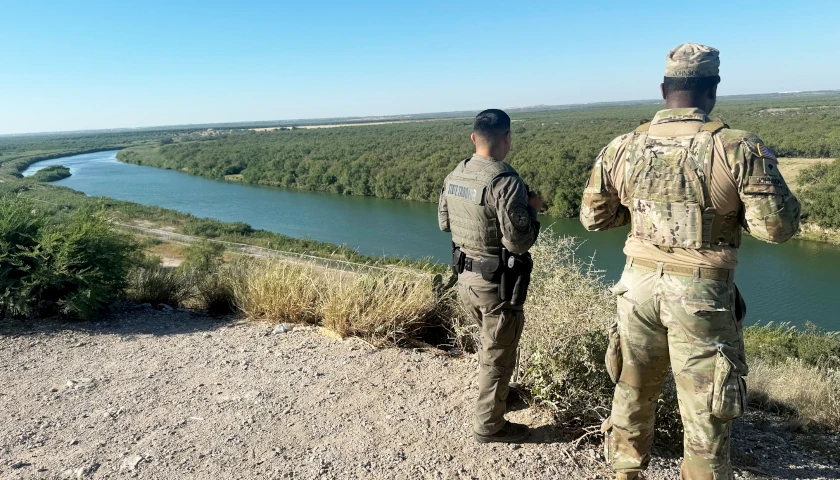by Kyle Hooten
Minnesota schools are struggling with an increase in student violence, yet Gov. Tim Walz’s Department of Education (MDE) lobbied against a measure to quell the chaos.
Rochester schools are “taken over with violence,” a fight between students at Hopkins High School recently left three staff members with injuries, and ISD 728 is accused of not cracking down on student-on-student sexual abuse. Meanwhile, Rochester is banning parents who don’t wear masks from school grounds for a year, a St. Louis Park Catholic school has rolled out a new “social justice algebra” class, and some other schools are moving back to “distance learning.” Critics say that spending time and money on initiatives like these distracts from what schools should be focused on: stopping classroom violence.
Minnesota recently had a viable option to restore peace in schools, but it failed.
State Sen. Roger Chamberlain chairs the Senate Education Committee. Last legislative session, he introduced a bill that would allow schools to record which students are responsible for instigating violence so that staff can be notified before working with especially volatile kids. The bill, if passed into law, also would have required violent students to be removed from class so they can be disciplined or referred to mental health specialists, if needed.
“We are put into uncomfortable situations without any information to support the student … or protect ourselves,” school worker Sue Donkersgoed said at a Senate hearing on the bill. She said she supports the legislation because teachers and paraprofessionals are often ill-equipped and underinformed to deal with violence in schools — a problem she said is disturbingly common.
However, this bill was killed in committee after Walz’s MDE said it didn’t like it.
“We do believe that the zero-tolerance approach and [unintelligible] are not part of an effective or appropriate approach,” MDE representative Adosh Unni said during a hearing on the measure in March. Rather than removing “the student from the learning environment,” Walz’s MDE wants to focus on “non-exclusionary discipline” and providing “social and emotional supports,” Unni said.
This desire is motivated by the department’s concern for how many “BIPOC” students are suspended for violent behavior, Unni explained.
Chamberlain acknowledged that “most of the suspensions and expulsions are children of color” and that “people are going around suggesting that there’s some bias, inherent bias, to this.” However, he doesn’t buy the narrative that new, progressive models of discipline can be effective at restoring order.
“Given human nature, that just doesn’t work, not only for educators but for other students in the classroom … if you take away accountability, human beings are going to act like human beings if they know there’s no repercussions for their behavior,” he told Alpha News, speaking on so-called “non-exclusionary discipline.”
This new model, he said, is “not doing any good for that child [the violent ones], the other kids in the classroom or the educators … some people are going to keep doing what they do no matter what.”
“Educators, for the most part, want to be safe in their classrooms,” he continued, explaining how he’s received positive feedback from many teachers and school leaders who want measures to bolster the ability of schools to remove violent students from the classroom. For this reason, he said he will “probably introduce this [bill] again this coming session.”
“Educators want it,” he concluded.
– – –
Kyle Hooten is Managing Editor of Alpha News. His coverage of Minneapolis has been featured on television shows like Tucker Carlson Tonight and in print media outlets like the Wall Street Journal.





